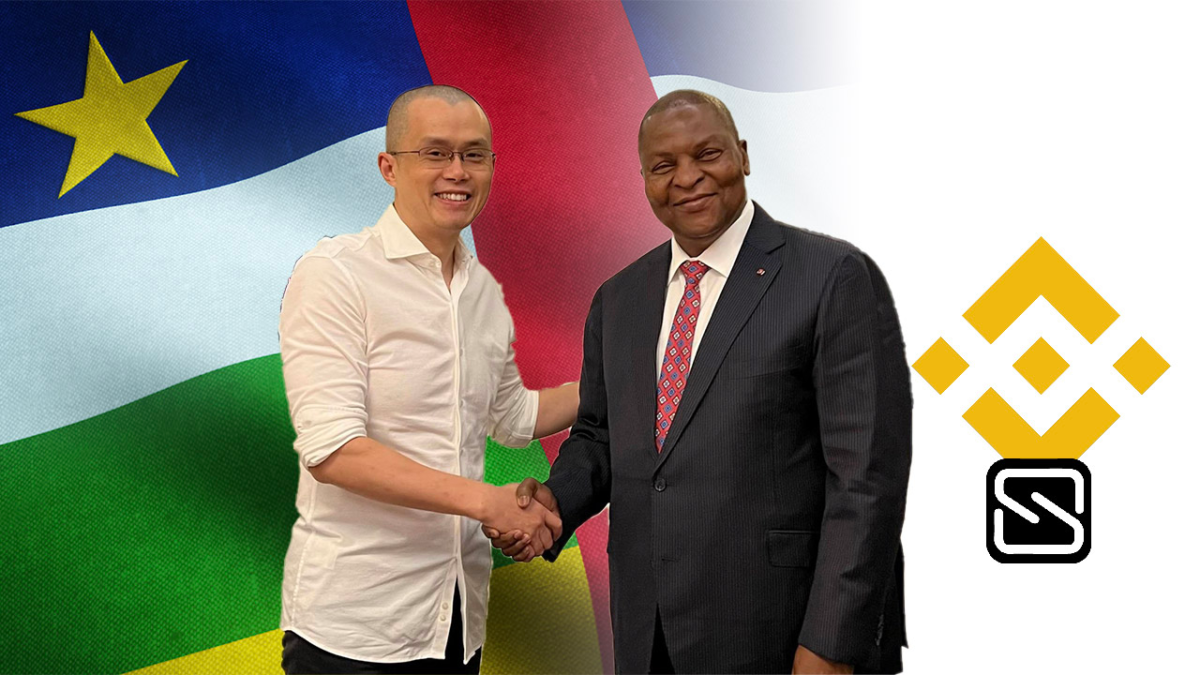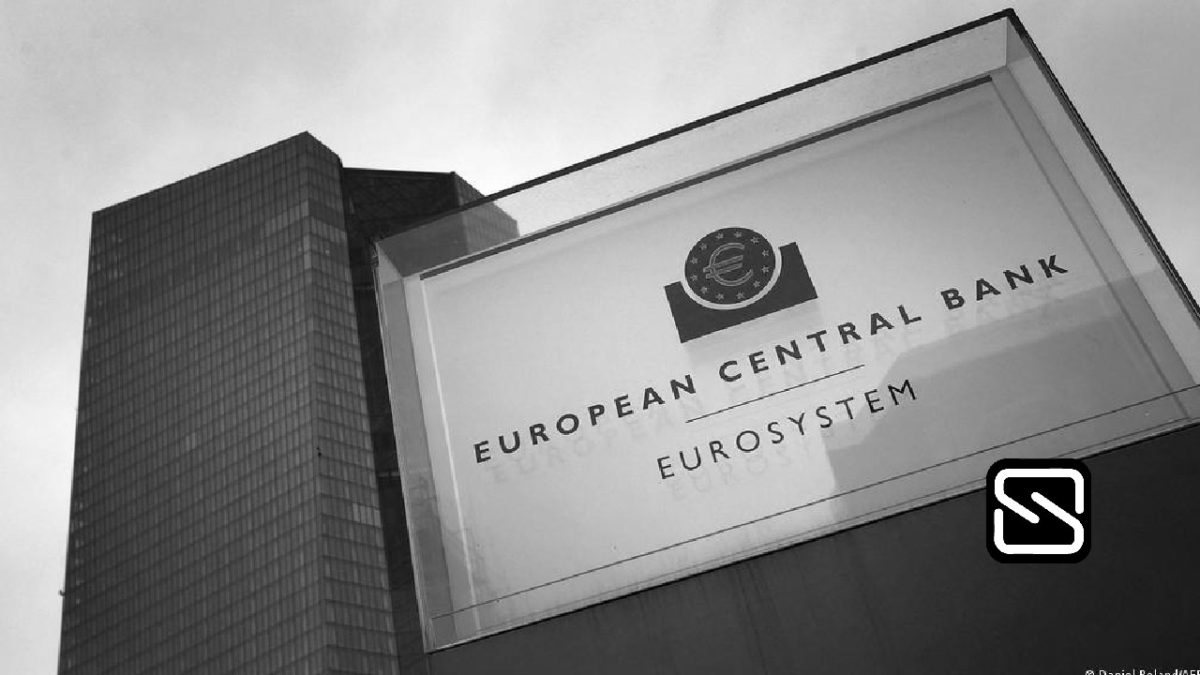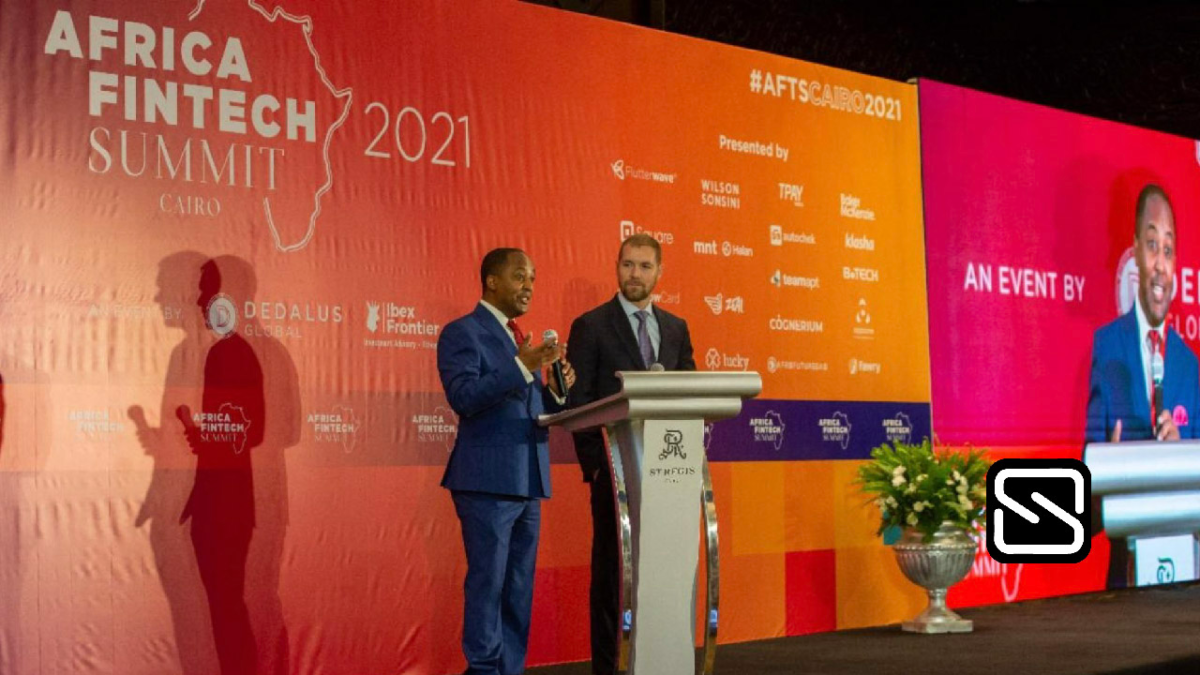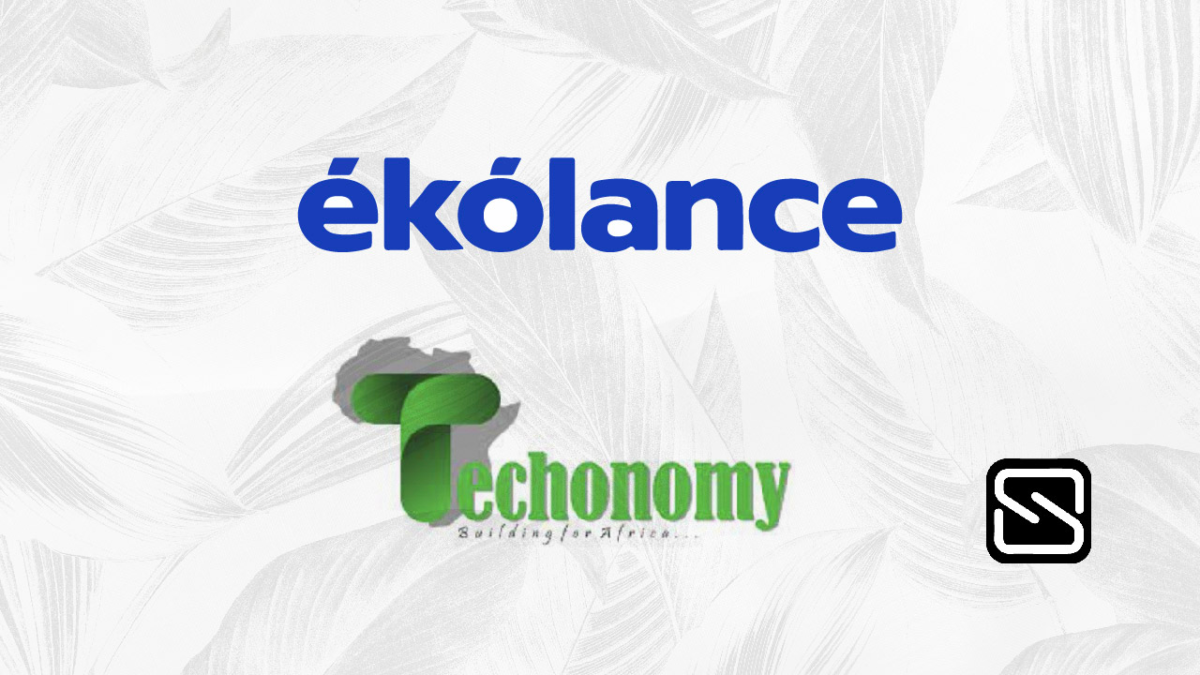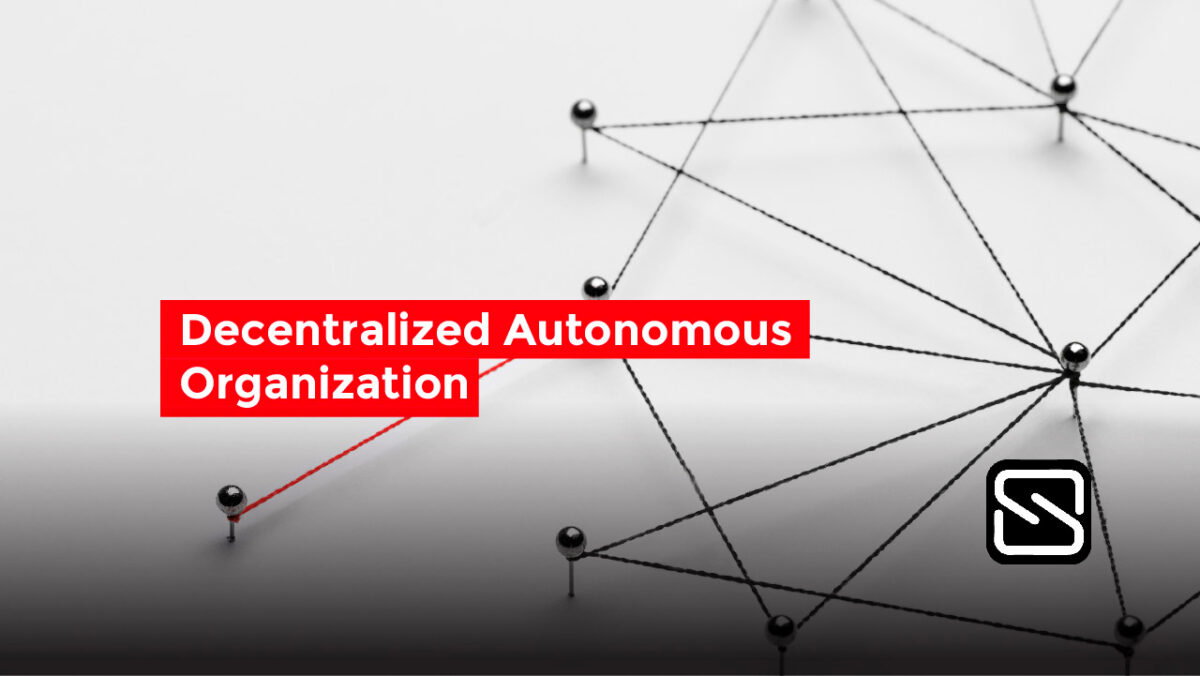The term DAO (short for “Decentralized Autonomous Organization”) became a crypto buzzword in 2021, but the concept has steadily become a real value. According to the analytics platform DeepDAO, the DAO ecosystem has a total treasury value of $ 11.6billion as of this writing.
The first DAO, called “The DAO,” launched on Ethereum in 2016. While it is possible to establish a DAO on any blockchain that supports smart contracts, most of them run on Ethereum.
DAOs are still expanding as a method for fast generating and allocating funds for charitable causes and decentralizing blockchain-based protocols. They are an effective and safe way to work with like-minded folks around the globe in the blockchain and Web3 industry. Think of them as an internet-native business that’s collectively owned and managed by its members. They have built-in treasuries that no one has the authority to access without the approval of the group.
Here are the basics of launching a DAO and the tools needed while creating it.
Forming a DAO requires the following steps:
1. Creating a name for the DAO
Every DAO needs to create a name that encapsulates its mission. For example in the wake of Russia’s invasion, crypto users created a DAO named the Ukraine DAO. This was created to raise money in support of the nation.
2. Create a mission statement
As stated above, the mission statement must align with the name given to the DAO. This emphasizes the purpose and focus for the community established. For example, a new Decentralized Autonomous Organization named the ConstitutionDAO is dedicated to preserving the U.S. Constitution. It plans to do this by pooling capital using an Ethereum smart contract to purchase a first-edition printed copy of the historic document.
3. Build a community
The platform created is for member engagement, community building, and announcement. Some DAOs are created on Twitter because of its global presence which means having a broader audience. Others prefer discord because of its ability to organize thousands of people into different roles and working groups. There are other platforms for example Medium and Telegram among others.
4. Invite people to join the community
5. Launch a governance token
Once you have a clear understanding of what you hope to accomplish with your DAO and the type of DAO you want to build, you’ll next want to think strategically about your DAO token allocation, specific to your relationship with your community and long-term vision.
Getting this right from the start will help you fundraise effectively, and increase buy-in from your initial supporters and community. DAO tokens can be used for rewards and incentives, DAO governance, and voting on the direction of the DAO, unlocking other benefits and opportunities for the community.
Additionally, DAO tokens allow users to be truly invested in the success of your company and be active participants in the DAO’s growth.
6. Create a funding mechanism
This comes after finalizing the initial coin supply and allocation for your DAO token. It is also important to securely manage the funds within your DAO structure through the DAO treasury. Some of the treasury management tools include Gnosis Safe, Syndicate Web3 Investment Clubs, and Juicebox which is a fundraising tool, among others.
7. Set up Snapshot or other tools for governance, voting, and logging member contributions.
Governance is the process of having members and token holders directly participate in making decisions. To effectively steward a decentralized organization, DAOs must have a trustworthy and accessible method for their token holders to vote on key issues including how treasury funds are distributed, spent, and allocated.
Proposing improvements, debating decisions, and voting on important topics are core to DAO operations. Having the platforms in a place where members can connect their wallets, propose, review, and vote on key issues treasury and protocol decisions is essential tooling for DAOs.
In conclusion, Web3 innovations like Decentralized Autonomous Organizations open up many exciting possibilities for startups, creators, and online communities.
When starting a DAO, keep the steps stated above in mind, explore different DAO tools, and always focus on your number one asset which is the community.
With the right tooling, tokenomics, and team, your DAO has every chance for success.


